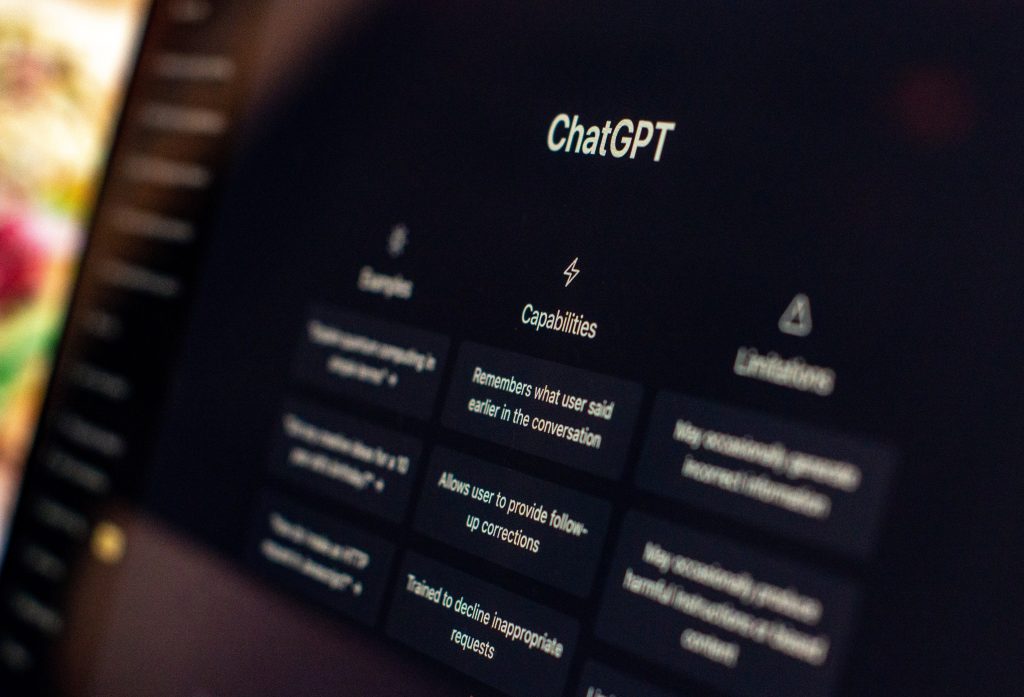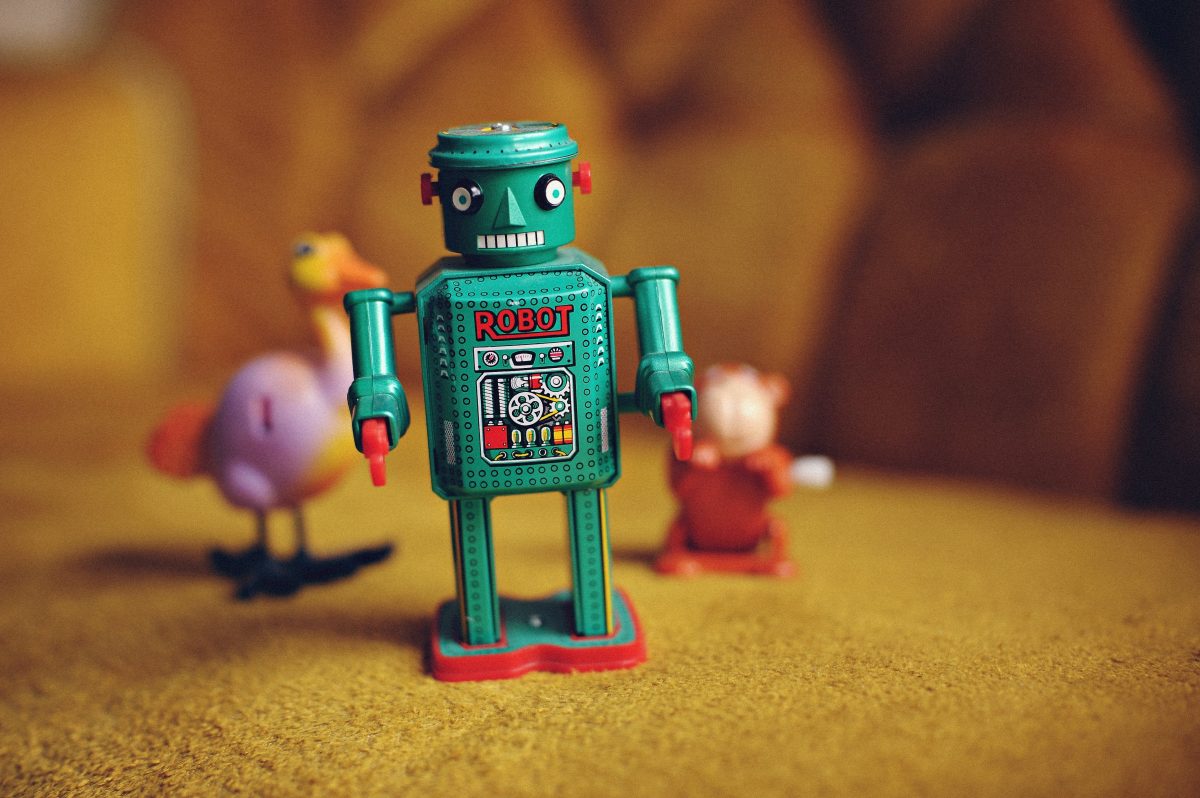ChatGPT and AI are hot topics on everyone’s lips at the moment. Although we very much live in a digital word, as PRs and Comms specialists, these terms and trends have historically felt a million miles away from the day-to-day work we do – but not anymore. Although still in its early stages, ChatGPT is predicted to become a vital tool within business. So what actually is it, and will it transform the world of PR?
Back to basics – what is ChatGPT?
Launched in November 2022, ChatGPT is an artificial intelligence chatbot trained to follow instructions and create detailed responses. Similar to Google in that both provide the end user with information, ChatGPT offers human-like responses in the form of a two-way dialogue rather than just presenting information in the way Google does. In just five days after its launch, it reached one million users (in comparison, it took Netflix 3.5 years, and Instagram 2.5 months to reach the same level).
Creators claim that the human-like interactions along with 24/7 availability will boost customer and consumer satisfaction. As the chatbot can be programmed to produce a specific writing style or tone of voice, many claim that it will be able to write copy, produce content, and ultimately generate a number of different marketing assets. Although on the surface this may seem like a benefit, we still believe that the human touch is of utmost importance when producing copy and communications.

The importance of humans
There’s a sub-heading I never thought I’d write. Clearly, there are many benefits to AI and ChatGPT within science and tech, but when it comes to marketing, the human touch is so vital. Although ChatGPT may be beneficial to initially brainstorm some basic ideas or for those who may be new to marketing, it doesn’t seem to be creating any new or ground-breaking content. As the end user, humans crave authenticity which is something ChatGPT is lacking and I have seen many marketers on Linkedin criticising the chatbot calling its content ‘vanilla’ and ‘basic’, and ultimately appearing to be lacking in creativity.
Not only that, but across all industries, individuals make decisions based on prior experience and expertise. Plus, bringing together a group of experts into a room all with a range of different personal experiences helps to make much more rounded and logical decisions. Although a machine that creates copy may be useful and timesaving, it will never produce the same results as a group of experts having a creative brainstorm.
It is also important to recognise that humans don’t just communicate through speech and text. Body signalling can portray an array of emotions, giving you a true understanding of someone’s reaction in a way that AI cannot currently determine. If I learnt anything from the pandemic, it was the importance of human and social interaction, and working with robots can encourage isolation and an array of psychological issues.

So, are PRs being replaced with robots?
In the short term, the answer is no. With the Financial Times recently hiring its first Artificial Intelligence editor, it is clear that there is still a demand for good journalism. At CobbPR, we have adapted our ways of working many times from when we were first founded in 1995, from sending out press releases by post and fax to navigating the new digital world (in the words of our MD Tim Cobb, “when the first email arrived, I wondered what on earth I was supposed to do with it”). Although we may see AI being incorporated into our day to day lives and see a number of new benefits arising, in PR, creating solid stakeholder relationships are of utmost importance and are not something that a machine can automate.
So for now, we are here to stay.




